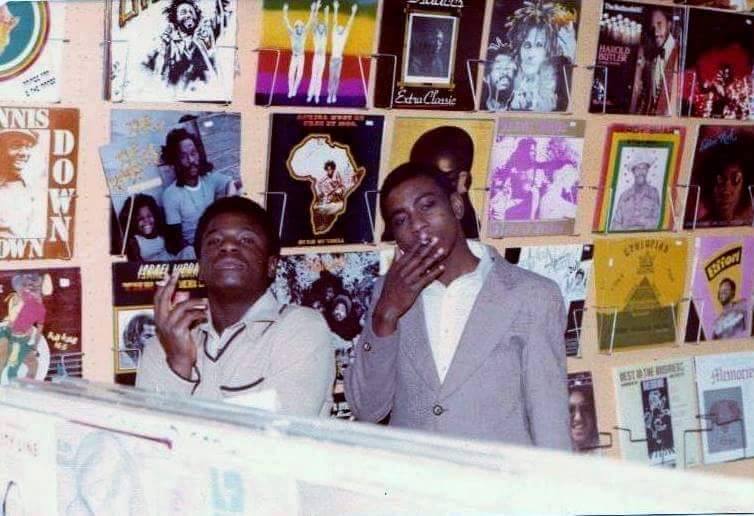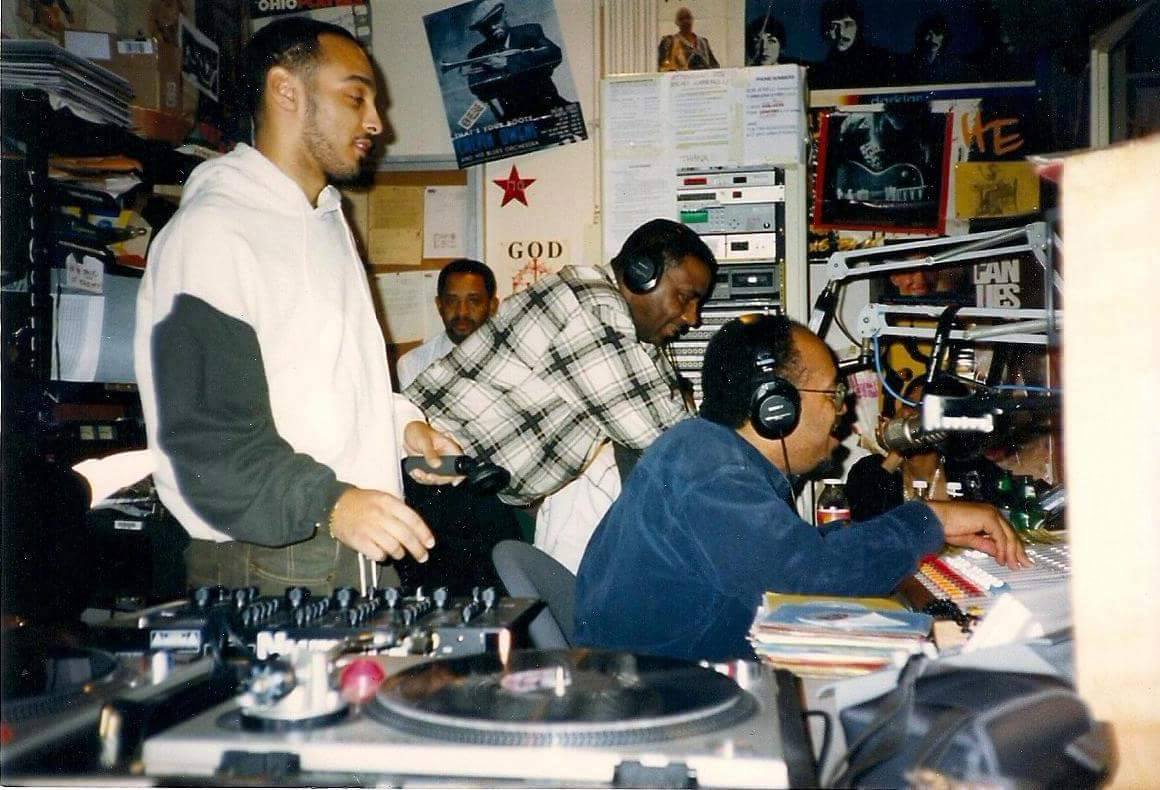Text & Photo: Seb Carayol
Born in the Harlesden area of London, Valentine Saunders has always been a mysterious producer: able to release a string of heavy digital steppers hits before completely flying under the radar for years. Who is he? Is he in the UK, or in NYC? Why is his roster of artists so diverse, from Trevor Sparks to Glen Brown, to Karen Morrisson (of Studio One ‘Frenemies’ fame, under her K-Vibes moniker), to Ken Abert, and Lloyd D. Stiff? One bright day, I decided these questions were too much and I needed to know who was behind ‘Mix Up’ and ‘I Don’t want to be a Shotta’. After tracking him down, we ended up meeting one evening in 2007 in an unusual location, at least in reggae circles: Manhattan’s financial district. Why there? Let Digital English explain…
How did your relationship with music start?
It all started with buying one or two 45s and starving the rest of the week. Just to boast that record. It all started with Jet Star, that used to be Pama Records back in London. He had a record store, we going there every Monday, buy some tunes. I’ve been collecting since I was eleven.
You were playing tunes out in London already?
Oh yes, we had a sound called The Mighty Conqueror from 1972, it was an area sound where we play a lot of blues dances, and we sort of graduated. A lot of house parties, clubs. We used to get dubs from Randy’s, we sent the money over. Our first dub was from Augustus Pablo when we went to Jamaica in 1972, when he gave us four wicked pieces of ‘Cassava Piece’, ‘I’m not Satisfied’, and various dubs off these. From there, we got a lot of pre-releases and Aswad was a main influence in those days, we played with them in Wembley Youth Center. Mid to early 70s, until I left in 1977. We’d play Delroy Wilson, Big Youth, John Holt, Wabby You. We’d play tunes that were hard to get, we weren’t playing tunes that are popular. ‘Wicked Can’t Run Away,’ them kind of tunes. Really hardcore roots.
Who were your influences in London in those days?
Sir Coxsone Sound, Jah Shaka. Lord Koos. Then we’d come out of the area and go follow Soferno B.
Is it when you met Gussie P?
No. I met him through John Dub Vendor, when John used to come in NYC. That time I used to work with Music Master.

Young Digital English (right) at Ultrasonic Records. 1394 St Johns Pace, Brooklyn NY (Photo Courtesy of Digital English)
So why did you move to NYC?
I moved cause my mother wanted better opportunity for me and we came to visit and I liked it. I started going to Donovan Germain’s record shop. And that time I had great ideas so he hired me, in October 1978. I brought a lot of the English influence into the store. The [Jah] Shaka vibe, playing the music with the offbeat. And the collectors, they liked it, that’s when they started to label me “English.” I was always collecting, going to VP to buy wholesale and get my own collection going.
After working in that shop I owned it, Germain sold it to me and I called it Ultrasonic. Me and my partner, Treasure Isle’s deejay Lizzy [of ‘Love is a Treasure’ fame], we had that store ’til about 1985. Then I sold it and joined Music Master. I did over the counter selling, the crowd was a more intense crowd. It was a leading distributor and a very, very upbeat record store. It was in Utica avenue in Brooklyn. At the time people would come from all over the globe because at that time Witty was producing a lot of records. I met a lot of artists coming through the store.
When did you start producing music?
I started producing music in 1983. My first record was with a a youth called Bugsy, a tune called ‘Stop the Fussing and Fighting’ on the Digital English label. That was average. That year, My second tune was with the late, great Trevor Sparks, ‘Every Man Does His Thing A Little Way Different.’ That year, I hit the line and I played it in London and it was a massive hit.
Were you making a living off music?
I was always a 9 to 5 individual. I’ve always concentrated on my music business as well as on my 9 to 5. Today I’m an accountant for a bank, that’s what I went to school for. And I always loved the music. At the time, I played all the music myself. I learned when I was younger, my mom sent me to Canada and I played classical music for 15 years. So when Jammy’s came with the Sleng Teng, I said, “Holy smokes, I can do this!” So I saw the DSTC and I saw how it operated.

Digital English on the radio with Phillip Smart “The Get Smart Show”. For over 10 years, he would regularly appear on the show to feature UK productions. (Photo Courtesy of Digital English)
While these have that dancehall vibe, when did you decide to switch to this barrage of what is being called, out of a lack of better denomination, UK Stepper-type of tunes?
On a visit to London, in 1998. I always used to listen to Jah Shaka, and I listen to the vibe and I see the people and their reaction. And I said you know what, roots music is where it’s coming from but it’s watered down. Let’s go back to the 4/4. Foot drum. That’s when I came out with [Karen Morrison’s] ‘Raggamuffin Soldier.’ That was recorded in London, at Dub Vendor studio. Chris Lane played it, engineered it. And I voiced Donna V, Karen Morrisson, did the overdubs. That was Karen’s first song ever. And that was my first time recording The Meditations and Glen Brown – the melodica. After that I wanted Glen to sing for me and blow the melodica.
One that definitely did the rounds on the UK sound system scene in its time was Sluggy’s ‘I Don’t Want to be a Shotta’. Bad tune, that. That was a Gussie P/Philip Smart combination. So you have two greats: Gussie P who emulates King Tubby, and you have Philip Smart who used to be Tubby’s student. On the borderline riddim, it was Sunday afternoon, I wanted to add a guitar on it and as my money was weak, the guitar wasn’t working, I asked Glen Brown to play the guitar and play the congo. As it was not working, we did it like in the old days, putting the mic just there and putting the volume up. Then that was taken to Philip Smart and he did me that King Tubby’s influence again, solid mix. I call him King Smart.
I like to hear about sufferation, I don’t want to hear about I love you, you love me.
You did it sometimes, though…
That was back in the day. But reality, that’s where I’m coming from. Where you come from in the beginning, you get back at the end.
Do you go back to London a lot?
I go back to London every year. Go to all kind of dances. The sounds systems, I’ve seen them, I’ve heard them. All I do is get in touch with my past. NYC, Downbeat I can relate to cause he has tune. Stone Love and Rodigan, I played along them. In New York, the problem is that the Caribbean community came later and it was rockers, dancehall, and that’s it. That’s why I still maintain my UK flavor, you know? Funnily, some people wanted to force me to remove the English flag from my label. But I don’t care.
What’s in store next for Digital English?
I have a Devon Clarke showcase album coming out soon, called Korner King Remixed. Look out for that!
